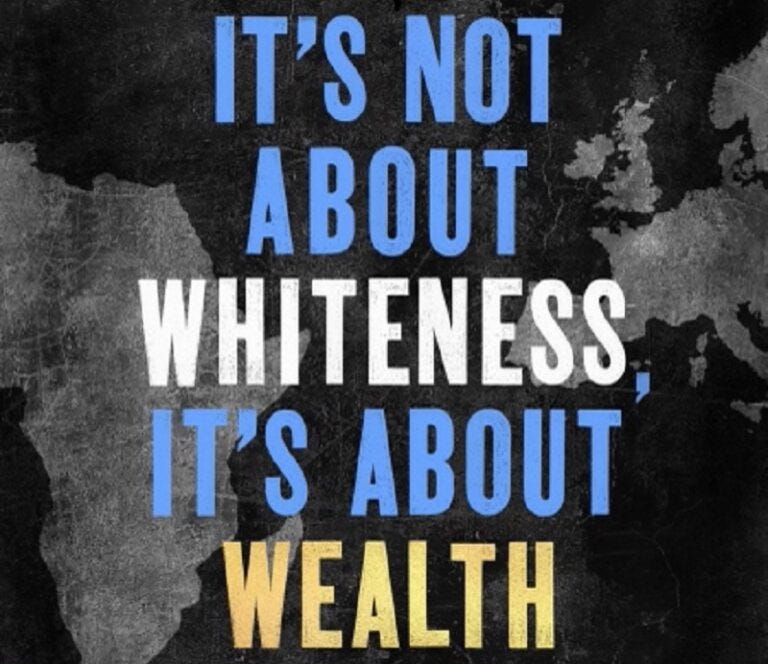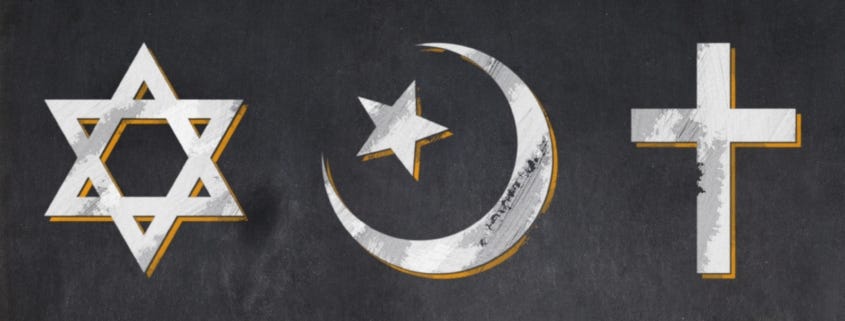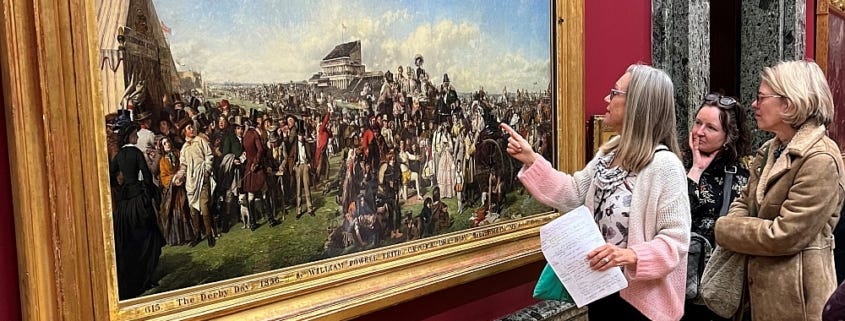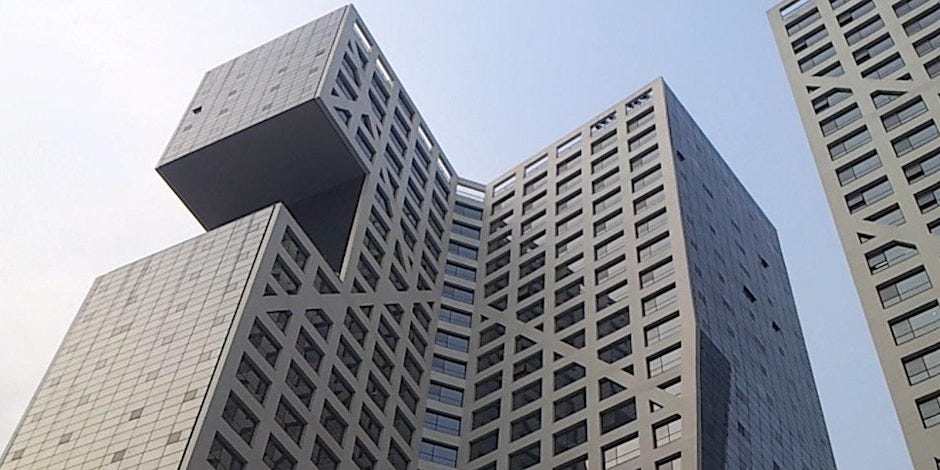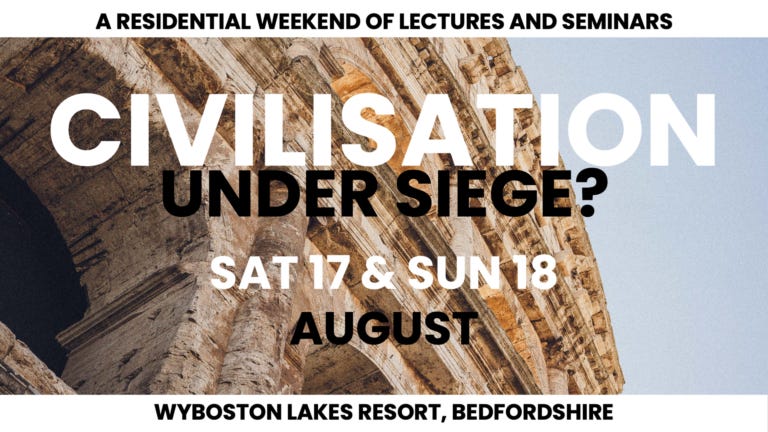Prayer bans in schools: a victory or blow for tolerance?
AOI Education Forum's Gareth Sturdy looks at the recent court case involving Michaela Community School ahead of a debate on religious tolerance in schools.
The High Court this week upheld the right of Michaela Community School in north-west London to ban ritual prayer.
The case came about after a group of Muslim students took to praying in the school yard last year following the school’s refusal to open a prayer room. Although at first permitted, all ritual prayer was soon prohibited by the school amid reports that other pupils were being pressured into taking part.
The controversy spread beyond the school gates, and, in an attempt to prevent further publicity and protests by external groups, the school applied for a press injunction to limit reporting of the issue.
The injunction was successfully reversed, however, by the pupil at the centre of case, who then petitioned the court to overturn the ban on ritual prayer on the grounds that it contravened her human rights.
The court ruled this week that the school leadership was within the law to prohibit ritual prayer in order to preserve the ethos of the school, which had been made known to the pupil when she joined the school. Indeed, the pupil intends to remain a student at Michaela.
Michaela’s headteacher, Katharine Birbalsingh, hailed the judgement as ‘a victory for all schools’. She quickly received the backing of the government equalities minister, Kemi Badenoch, who described the ruling as a ‘victory against activists trying to subvert our public institutions’.
However, not everyone agrees. Race equality think tank the Runnymede Trust claimed the decision targeted Muslim students in particular, and said, ‘no child should be policed for the peaceful practice of their faith’. The secretary general of the Muslim Council of Wales, Dr Abdul-Azim Ahmed, said the ruling represented a failure to defend ‘a very well-established British principle of freedom of religion’.
It is this principle that has been under stress test lately in a series of controversies concerning religion and schools. In recent months, a pupil had been suspended from a school in Wakefield for damaging a copy of the Koran, recent academic studies have claimed faith schools select against poor and SEN children, liberals in Northern Ireland have called for Catholic schools to be banned and a teacher who showed an image of the Prophet Muhammad in a lesson has just passed his third anniversary of being in hiding.
It seems undeniable that schools are a new crucible for religious and social conflict. In this febrile atmosphere of dispute, how do teachers navigate between tolerance and intolerance?
This is the issue tackled by our Education Forum event next Thursday 25 April at the Accent Centre in Bedford Square, London. We will discuss contrasting contemporary notions of pluralism and secularism and consider how they play out in schools. Does the right of faith communities to exercise their beliefs cut across established wider freedoms? Or is religious tolerance one of those very freedoms at risk of being undermined?
In the Michaela case, Birbalsingh has attempted to portray her school as a bastion of secular values. Yet so long as every state school in the country is under a legal duty to provide a daily act of worship - not simply moral instruction - can any comprehensive school really be said to be secular?
Michaela is known chiefly for its outstanding results, which on some measures are the best in the country. Ironically, this is something it has in common with faith schools - many non-believing parents send their children to religious schools because of the quality of education they provide. Does this meant that the defence of faith schools is tantamount to a defence of privilege?
All of this hinges on one central question: who are the liberals and illiberals here?
As a former religious-affairs journalist myself, I can’t help wondering whether a lack of understanding among contemporary secularists of what religion is all about has led to somewhat diminished concepts of pluralism and toleration in our present society. Is this as much to blame for the current crises in education as religious fundamentalism?
As author and teacher Nadeine Asbali wrote in Guardian recently: ‘What kind of school environment could so easily be destroyed by one group of students publicly expressing their religion for a mere few minutes a day?’ While I disagree with much of Asbali’s views of modern British Muslim identity, I think she raises a really important question.
One of the speakers in our debate next week, the journalist and commentator Khadija Khan says: ‘The culture of intolerance is growing strong in the UK. As Islamist zealots grow stronger in influence in our society a number of schools known for their secular, inclusiveness and apolitical approach have been caving into their demands one after the other.’
Another of our speakers Adam Eljadi, a media studies teacher and union representative, and also a British Muslim, takes a different view: ‘Education has the potential to unite communities and emphasise shared values. I feel schools involved in these high profile news stories failed to engage pupils, teachers, parents and communities in dialogue which ultimately led to a breakdown in communication and community cohesion.’
More importantly, what do you think?
Come along to our discussion in London next week a put forward your own questions and answers to the issue of what constitutes tolerance and intolerance when it comes to faith issues in the classroom.
‘Religion in schools: protecting or neglecting the faithful?’
Thursday 25th April 7.00pm
Accent Centre, 12 Bedford Square, London WC1B 3JA map
Tickets: £7(£5) Further reading:
Kevin Rooney, ‘Faith schools – Is it more ‘tolerant’ to defend them or ban them?’, TeachWire
Katharine Birbalsingh, ‘The Michaela court ruling is a victory for all schools’, Spectator
Nadeine Asbali, ‘As a Muslim teacher I know it doesn’t have to be this way’, Guardian
Nadeine Asbali, ‘This ban on Muslims praying in school is a dystopian, sinister vision of Britishness’, Guardian
Finn McRedmond, ‘Katharine Birbalsingh’s prayer ban is a victory for tolerance’, New Statesman
Tim Black, ‘How Muslim identity politics colonised education’, spiked
Check out our educational debates from the Battle of Ideas festival archive:
UPCOMING EVENTS…
Leeds Salon: The economics of race: is it about whiteness or wealth?
When: 7pm, Wednesday 24 April, Room 1, Carriageworks Theatre, The Electric Press, 3 Millennium Square, Leeds, LS2 3AD
Speaker: Remi Adekoya
Tickets £5 cash only on the door to Room 1, or in advance via the 'Donate or Pay' button on the home-page here.
Academy of Ideas Education Forum: Religion in schools: protecting or neglecting the faithful?
When: 7pm, Thursday 25 April, Accent Study Centre, 12 Bedford Square Bloomsbury London WC1B 3JA
Speakers: Khadija Khan, Adam Eljadi, Gareth Sturdy and Kevin Rooney (chair)
Tickets: £7 (£5 concessions) and are available via Eventbrite.
Dido Powell’s London Gallery Tours 2024: The Ideal Turns Sour
When: 11am, Sunday 28 April, Tate Britain
Tickets: each tour costs £12 or you can book the whole series for £45. You can book by contacting Wendy Earle: wendyearle@talktalk.net
Future Cities Project. Housing: where will we all live?
When: 7-8:30pm, Tuesday 30 April, via zoom
Speakers include: Shaun Bailey, Simon Cooke, Helen MacNeil, Calvin Po and Austin Williams (chair)
Tickets: free and reservable via Eventbrite.
The Academy 2024: Civilisation Under Siege?
Barbarism and terror abroad seem to have reared their head at the same time that civilisation seems to face fundamental challenges at home. Activists and academics question the very essence of Western civilisation, and politicians seem clueless to respond beyond empty invocations of “extremism”. Can anyone stand up for the legacy of Western civilisation today?
When: Saturday 17 and Sunday 18 August, Wyboston Lakes Resort
Tickets: available here.
Sessions and speakers include: Frank Furedi on From Decolonisation to Islamism: Civilisation under siege?; Tim Black on The Clash of Civilisations Revisited and Jacob Reynolds on Can you rebuild civilisation? Dystopia in fiction.
When: Saturday 19 and Sunday 20 October, Church House, Great Smith St, Westminster, London, SW1P 3BN
Tickets: Early–Bird ticket offer available here




